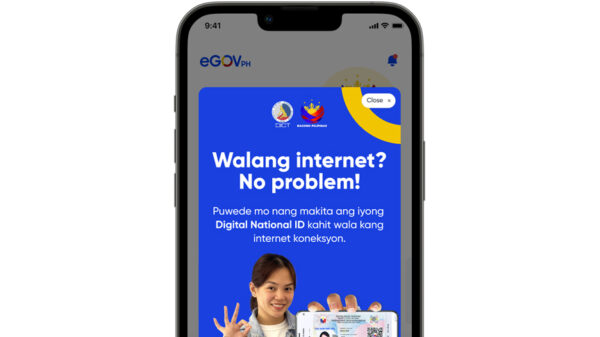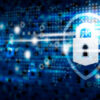In the wake of a recent data breach in the Philippines that compromised the personal information of millions of customers of a giant food chain, Kaspersky, a global cybersecurity and digital privacy company, said it is critical for Filipinos to know how to protect themselves from the potential fallout of such incidents.
Personal data breaches are becoming increasingly common. In the Philippines, when a data breach occurs, companies have up to 72 hours to notify affected individuals. During this period, malicious actors may exploit unprotected information and credentials to cause extensive damage, ranging from identity theft to unauthorized financial transactions.
“If you are notified that your information may have been part of a data breach, your personal details might already be circulating on the dark web or within illegal databases. The first 72 hours following a breach are the most crucial for limiting potential damage. It is imperative to find out from the company involved when the breach occurred and how long your personal details have been on circulation because the duration of exposure can significantly impact your risk,” General Manager for Southeast Asia at Kaspersky, Yeo Siang Tiong said.
Even if more than 72 hours have passed, it is essential to follow the correct recovery steps when your personal privacy is breached. First, Kaspersky advices that one should contact the company to determine what specific data was exposed. Common forms of stolen personal data include email addresses, passwords, names, phone numbers, addresses, credit card information, and social security numbers.
Next thing to do is updating any exposed credentials. If your email address or password was exposed, change them immediately. Avoid reusing passwords across multiple sites, and consider using a password manager to help manage and regularly update your passwords.
Kaspersky also advised to enhance your account security by enabling two-factor
authentication wherever possible. This additional layer of protection requires you to provide a second form of identification, such as a code sent to your phone.
Furthermore, individuals should keep a close watch on all their accounts for any unusual activity, such as unauthorized transactions or unfamiliar logins, as hackers may use exposed credentials across multiple platforms to gain further access to personal information.
If payment information is compromised, it is advisable to immediately request a freeze or lock on the affected cards from the bank or card provider, and consider setting up credit monitoring services to receive alerts about any changes in credit reports.
“Data breaches are an unfortunate reality of our digital world. By staying informed and vigilant, individuals and businesses alike can take steps to protect their personal information and mitigate the impact of these incidents,” Yeo added.
To prevent future data breaches, Kaspersky emphasized the importance of proactive measures, including using strong, complex passwords that are regularly updated and unique for each account, and always opting for multi-factor authentication when available.
It is also important to keep software updated to benefit from the latest security patches and protections. Regular backups of data, stored either on external drives or securely off-site, help prevent loss in the event of a breach. Individuals should also ensure they only access websites that begin with HTTPS and are from trusted sources. In a workplace setting, it is essential that all employees are trained in cybersecurity best practices and understand how to respond to potential breaches.
Kaspersky remains dedicated to providing comprehensive cybersecurity solutions and education to safeguard individuals and organizations against evolving digital threats.



















































































































